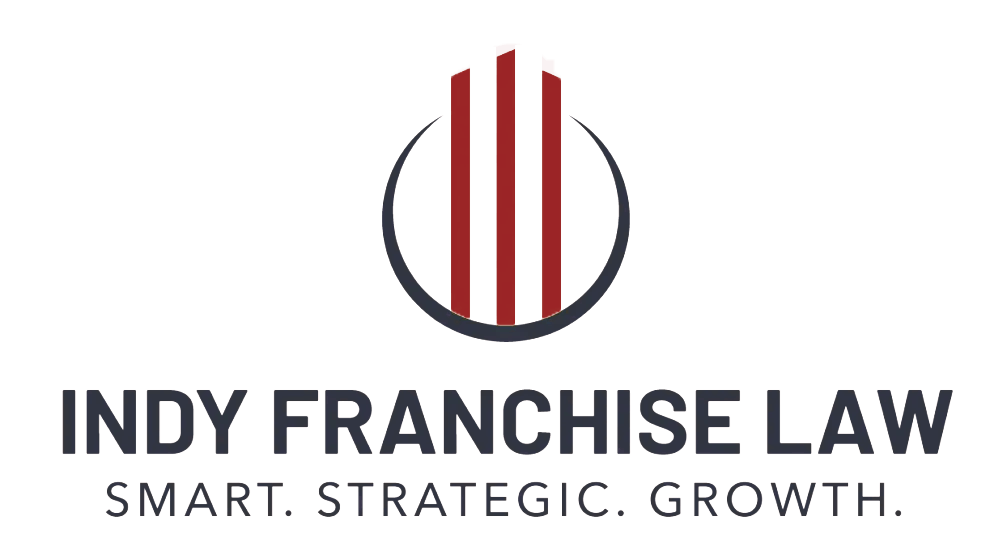You will not be able to escape them.
They are an inherent part of franchising and it’s the price you pay for not having to come up with an original idea, or start a business from scratch. You should not only get used to them, but understand and be prepared for them.
Item #6 of the FDD covers nearly every fee under the sun, AFTER you pay the initial fees owed to the franchise, as covered in item #5.
What you’ll learn:
• Any and all ongoing fees required for continuing operation of the franchise, including:
- Royalty Fees
- Advertising Fees
- Renewal and Transfer Fees
- And more
There is a cost to staying in the exclusive club that is your chosen franchise and item #6 covers a lot of it.
Why is this important?
First of all, let’s make sure you understand the purpose of the fees.
Royalty fees cover a gamut of services from the franchise, including ongoing support and training, updated operating manuals, frequent consultation, and more. Think of it as a membership fee. So long as you pay your ‘membership’ fees, you get to stay in the club, use the brand name and equipment, and rub elbows with the higher-ups when you have a question or idea.
Royalty fees are generally paid out monthly, but every franchise is different, so pay close attention to how often you’ll have to write that check or see that automatic bank draft. In addition, royalties are usually calculated as a percentage of your total sales, but they can also be done on a flat-fee basis. Make sure that the royalty fees you’ll be paying are reasonable in terms of amount and frequency.
Advertising fees are exactly as their name suggests; a fee for the franchises broader marketing campaigns. Larger chains, in particular, will often do a lot of advertising for you in the form of nationwide television commercials, online and social media marketing, and more. Although they won’t specifically be promoting your location, the advertising will benefit you, in regards to brand recognition and notoriety. So, naturally, there is a fee for the advertising. You can think of it as a contribution. Again, pay attention to how much and how often you’ll be paying this fee. If it’s high, ask what you’re getting for it. Are they doing national commercials? Do they have a Facebook, Pinterest or Twitter page reaching a larger audience? In other words, does your advertising fee match what they’re achieving with it?
Finally, your franchise agreement will not be indefinite. There will be an expiration date. At the end of your original agreement, you will either have to renew the contract or cease operations. With that renewal, often comes a renewal fee. Read this section carefully to ensure that your renewal fees will be minimal. It shouldn’t cost you a whole new start-up budget just to renew your franchise agreement.
On a final note, be sure to recognize that the fees in item #6 do not cover the cost of equipment, products, buildout or inventory. Those come later.
Now, back to our original question; why is this information important?
Like I said, fees will be a part of your new franchise life. They should be budgeted into your business forecasting, prepared for and watched closely. If you miss a subsequent fee, it could mean losing the right to run your business, legal snags, or even higher fees from the franchise to get you caught up again. Be aware of how much your franchise fees will be, what you’re getting for them, and if you’ll truly be able to afford them. It should be an important factor in your final decision and nothing should be signed until you understand these fees in full. It could make or break your success.
The bottom line is that item #6 covers a large part of your ongoing operating budget and expenses. Your continuing franchise fees are essential to the uninterrupted right to operate your business. Without these fees, you have no franchise business.
Stay tuned next week for Item #7: your first 3 months operating budget.









